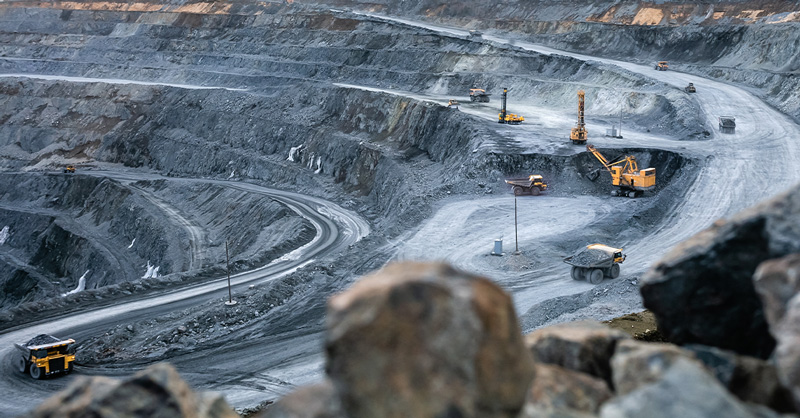The Ontario Society of Professional Engineers (OSPE) welcomes the provincial government’s renewed investment in the Critical Minerals Innovation Fund (CMIF), announced on July 23, 2025, marking a significant policy win for our organization. This announcement acknowledges the crucial role of engineering-driven innovation in developing sustainable and resilient critical mineral mining operations.
With an additional $7 million committed, the fund will support projects related to key priorities in:
- Deep exploration and mining
- Mineral recovery
- The battery supply chain
- Innovative projects that support the critical minerals sector
The new CMIF aligns with several of OSPE’s long-standing policy recommendations. Particularly those outlined in our 2021 submission to the Environmental Registry of Ontario: Ontario’s Critical Minerals Framework (ERO-019-3281).
OSPE’s advocacy initiatives in this sector emphasize:
- Sustainable resource development
- Building a local supply chain
- Promoting research and innovation
- Indigenous collaboration
We are excited to see these initiatives come to life through the new investments in the CMIF.
Engineering Solutions at the Core
Ontario’s engineers are essential to the CMIF’s mission. The success of the fund depends on the ability to develop and scale technologies that improve efficiency, reduce carbon emissions, and minimize the environmental footprint of resource extraction and processing.
These are areas where engineers lead in design and execution, but also in aligning innovation with regulatory, community, and climate goals.
Next Steps for the Engineering Community
OSPE encourages engineering firms, researchers, and innovators to explore how they can contribute, like through applied research, pilot projects, or industry-academic partnerships. This is an opportunity to advance critical mineral technology and solve real-world challenges.
Here are some concrete ways engineers can contribute to CMIF-funded initiatives:
Engineers in academia, industry, and startups can:
- Design and lead research and development proposals focused on clean extraction, mineral processing, or recycling technologies.
- Partner with researchers, mining companies, or tech firms to bring engineering capabilities into multidisciplinary project teams.
- Support commercialization efforts, helping scale lab-based solutions into real-world applications.
Chemical, process, environmental, and mechanical engineers all play direct roles. They can:
- Innovate alternative processing methods that reduce greenhouse gas emissions.
- Improve energy efficiency in smelting, refining, or separation processes.
- Create waste reduction or water reuse systems within mineral operations.
- Design systems for recovering critical minerals from end-of-life batteries and electronics.
- Develop automated separation and refining processes for complex waste streams.
- Build pilot plants or testbeds for next-gen recycling technologies.
Many CMIF projects intersect with Indigenous communities. Engineers can:
- Assist with capacity-building and technical training in community-led initiatives.
- Ensure inclusive design practices that respect cultural and environmental values.
- Support co-development models where communities share innovation.
We look forward to seeing the positive impacts of this new funding in building a more sustainable and secure resource future for Ontario.
Looking Ahead:
OSPE will build on this policy win and continue to advocate for increased support for innovation and sustainability in resource development. We remain committed to ensuring engineers have a seat at the table as Ontario’s critical minerals strategy evolves.





Leave a Comment